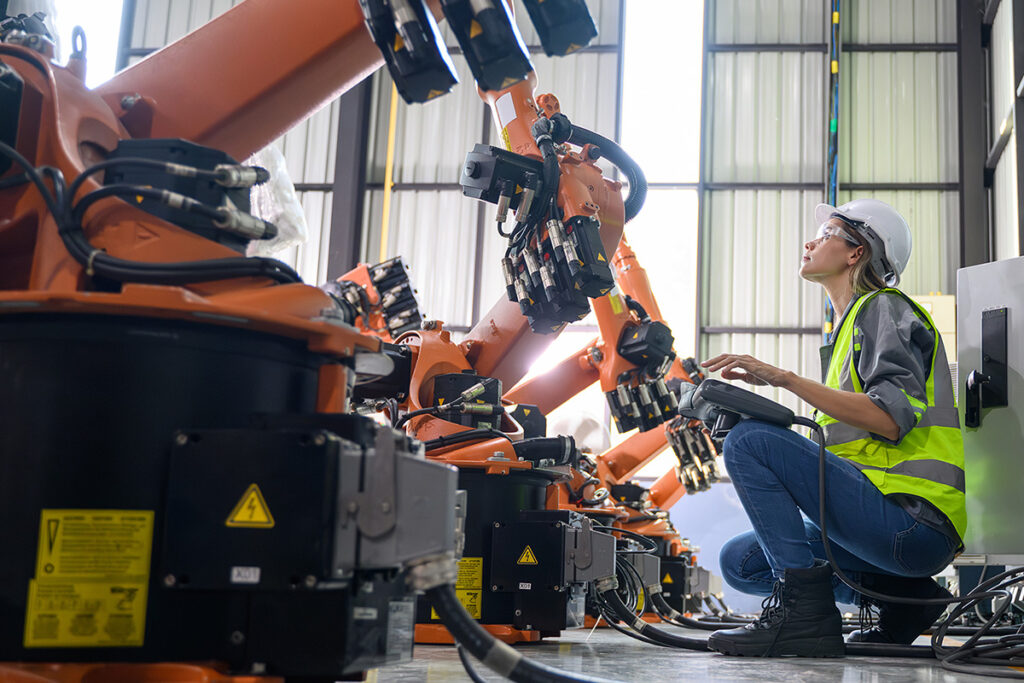Outdoor Recreation as a Catalyst for Place-Based Innovation
Outdoor recreation is fueling a new wave of entrepreneurship and place-based economic growth. TIP’s recent work in Colorado and Michigan shows how aligning natural assets with higher education, startup support, and industry innovation can build resilient local economies. Communities that treat outdoor recreation as an economic engine—not just tourism—are better positioned to compete for business, talent, and investment.
Outdoor Recreation as a Catalyst for Place-Based Innovation Read More









